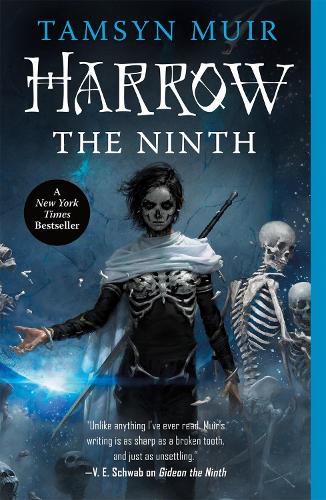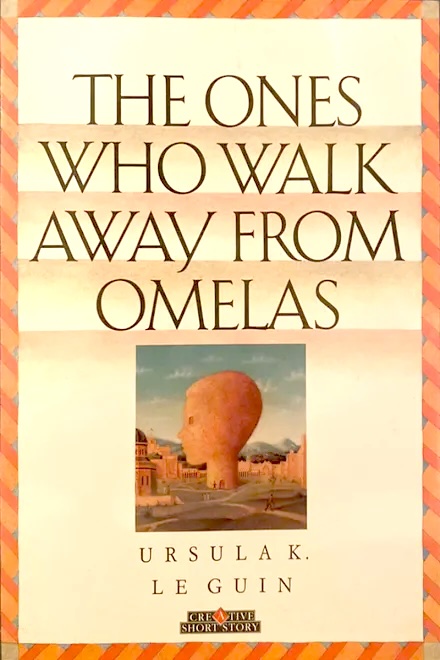danwchan started reading A Problem from Hell by Samantha Power

A Problem from Hell by Samantha Power
""A Problem from Hell" is a path-breaking interrogation of the last century of American history. Samantha Power poses a question …
(he/him)
Curious microbiologist outside of academia working to make it possible to launch biotechnology projects from unlikely spaces (hopefully community driven!). Reading sci-fi since I was little (probably started with Monica Hughes) and I try to mix it up with some non-fiction too.
Find me on my main Fediverse account -> scholar.social/@danwchan
This link opens in a pop-up window

""A Problem from Hell" is a path-breaking interrogation of the last century of American history. Samantha Power poses a question …

A young man walks into a bar and meets a time-traveling bartender whose origins -- and relation to the young …



This is the second novel in the "Remembrance of Earth’s Past" near-future trilogy. Written by the China's multiple-award-winning science fiction …

Let This Radicalize You is a practical and imaginative resource for activists and organizers building power in an era of …

This is the second novel in the "Remembrance of Earth’s Past" near-future trilogy. Written by the China's multiple-award-winning science fiction …

THE NECROMANCERS ARE BACK, AND THEY'RE GAYER THAN EVER.
SHE ANSWERED THE EMPEROR'S CALL.
SHE ARRIVED WITH HER …

Some inhabitants of a peaceful kingdom cannot tolerate the act of cruelty that underlies its happiness.

Within the context of the Chinese Cultural Revolution, a military project sends messages to alien worlds. A nearby alien society …

Examines how (sometimes quasi-) authoritarian high-modernist planning fails to deliver the goods, be they increased resources for the state or …

Red Schuhart is a stalker, one of those young rebels who are compelled, in spite of extreme danger, to venture …

As a botanist, Robin Wall Kimmerer has been trained to ask questions of nature with the tools of science. As …